Irish Dual Citizenship
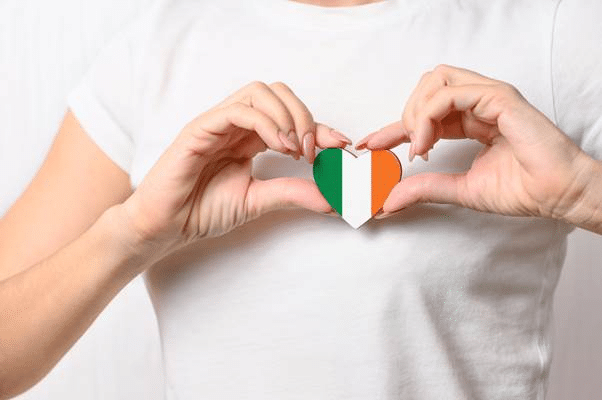 12
12Sep
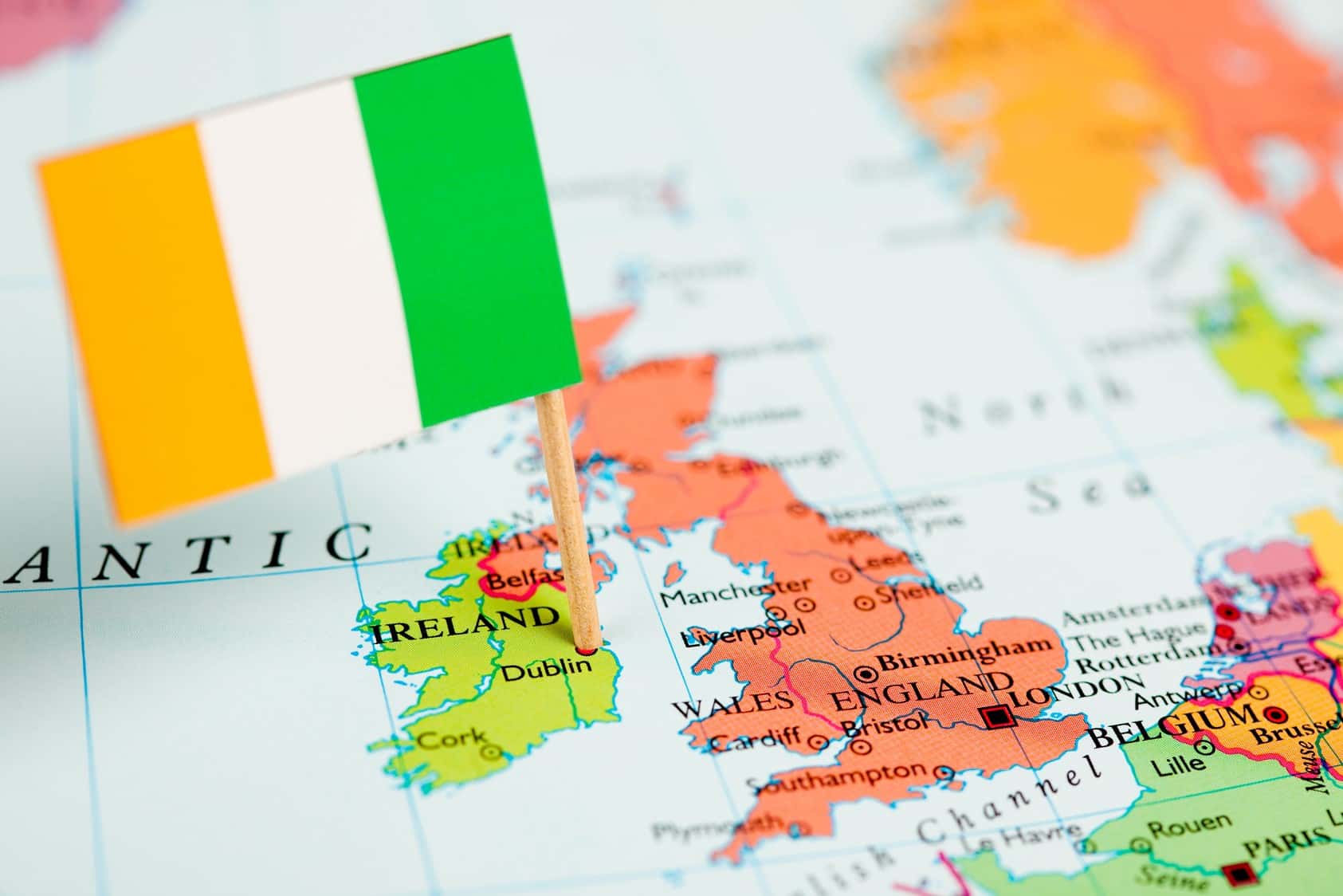
Thanks to the Irish diaspora, millions around the globe can trace their ancestral lines back to the beautifully green island of Ireland. After taking a DNA test, perhaps you have discovered your own Irish bloodline. For many, their Irish heritage is strong and they find themselves interested in getting dual citizenship. There are many benefits to dual citizenship, such as flexible travel between countries, greater business opportunities, access to education and healthcare, property ownership, or perhaps simply just greater cultural ties. Aside from naturalization, you can become an Irish citizenship if your parents, grandparents, or perhaps great-grandparents were born in Ireland.
IRISH DUAL CITIZENSHIP
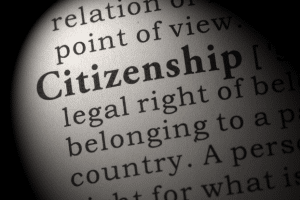 Irish law allows for dual citizenship and does not require you to give up another citizenship to apply for Irish citizenship by birth or descent. You can become an Irish citizen by following these four steps:
Irish law allows for dual citizenship and does not require you to give up another citizenship to apply for Irish citizenship by birth or descent. You can become an Irish citizen by following these four steps:
- Decide if you Qualify
- Complete the Application form online
- Print out the Application form and make an online payment
- Send in the form, documentation, photos, and checklist
DO I QUALIFY FOR DUAL IRISH CITIZENSHIP
Starting in 1956 with the Nationality and Citizenship Act the methods by which a person could claim citizenship through descent were clarified. Citizenship by descent is different than citizenship by birth. Everyone born on the island of Ireland before 1 January 2005 is an Irish citizen. However, even if you were not born in Ireland or have Irish citizenship by birth, you may still be able to become an Irish citizen based on Irish associations, which means you are related by blood or through adoption to an Irish citizen. To qualify, you must fall into one of these categories:
- One of your parents was an Irish citizen when you were born, even if they were not born in Ireland or were deceased at the time of your birth.
- Either of your grandparents was born in Ireland, even if neither of your parents were born in Ireland.
- One of your great-grandparents was born in Ireland and your parent had registered for citizenship by the time of your birth.
- You were adopted by a parent who is an Irish citizen.
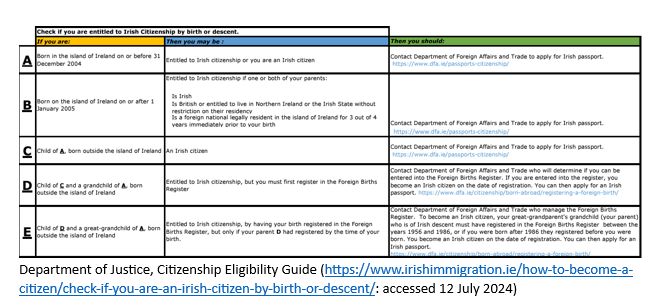
There is a very helpful questionnaire on Ireland’s Department of Justice website. By answering each prompt, you will be guided toward the most helpful path to dual citizenship.
Question 1: When were you born?
Question 2: Where were you born?
Question 3: About your parents, grandparents, or great-grandparents: Select one (1) One of my parents was born on the island of Ireland, including Northern Ireland (if this option is selected, you are most likely entitled to Irish citizenship); (2) One of my grandparents or great-grandparents was born on the island of Ireland, including Northern Ireland.
Question 4: About your grandparents or great-grandparents: Select one (1) one of my grandparents was born on the island of Ireland, including Northern Ireland; (2) one of my great-grandparents was born on the island of Ireland, including Northern Ireland.
*Note* If you are applying through your great-grandparents, it is important to remember that you will only qualify if your parent was registered for citizenship before you were born. Anything beyond a great-grandparent is very unlikely to qualify you for Irish citizenship.
If you fall into one of the categories above, you can become an Irish citizen through Foreign Birth Registration, otherwise known as Citizenship by Descent. Once you are entered in to the Foreign Births Register, you can apply for an Irish passport.
HOW DO I APPLY FOR IRISH CITIZENSHIP BY DESCENT

STEP 1: Do all your genealogy research correctly and have the correct documentation.
There are several Original State-issued documents that are required for the application. The Department of Foreign Affairs includes the following list on their website:
FOR THE APPLICANT
- Original civil birth certificate (showing parental details)
- Original civil marriage certificate (if applicable) OR other change of name document (if applicable)
- Photocopy of current state-issued photographic ID document certified as a true copy of the original by application form witness
- 2 separate original proofs of address
- 4 color photographs (2 of which to be witnessed)
FOR THE PARENT
- Original civil birth certificate of Irish citizen parent (showing parental details)
- Original civil marriage certificate of Irish citizen parent (if applicable) OR other change of name document (if applicable)
- Photocopy of current state-issued photographic ID document certified as a true copy of the original by a professional from the list of witnesses OR original civil death certificate (if applicable)
FOR THE GRANDPARENT BORN IN IRELAND
- Original civil birth certificate of Irish born grandparent (showing parental details)
- Original civil marriage certificate of Irish born grandparent (if applicable) OR other change of name document (if applicable)
- Photocopy of current state-issued photographic ID document certified as a true copy of the original by a professional from the list of witnesses OR original civil death certificate (if applicable)
All of the specific details, such as photo requirements, witnesses, and fees can be found on Department of Foreign Affairs website. If you are claiming Irish citizenship through adoption, the list of requirements can be found also be found here.
When obtaining civil birth, marriage, and/or death certificate for your Irish parents or grandparents, it is important to know where they lived in Ireland. The following articles on Price Genealogy may help you find that place of origin:
- Irish Research, Part 1: Identifying your Irish immigrant ancestor and their place of origin
- Irish Research, Part 2: It is really too hard?
- Finding Your Irish Place of Origin
It can be overwhelming to obtain all these different types of documents. Do NOT worry! Price Genealogy can help you with that. Reach out to us for a FREE CONSULTATION so we can help you get started.
Local Irish consulates around the United States can also be helpful answering your questions about dual citizenship. Click HERE to find the one closest to you.
STEP 2: Contact the Department of Foreign Affairs who manage the Foreign Births Register.
They can determine if you are entitled to be an Irish citizen on this basis. They will check the Foreign Births Register to see if your parent of Irish decent was registered either between 1956 and 1986, or before you were born (if you were born after 1986).
STEP 3: Fill out and print your application.
You will mail your application, along with all pertinent photographs, documents, and fees. At the time of this article, for those over 18 the application plus postage and handling is a total of €278 (or about $300 USD). When you are ready to begin, the application can be found HERE on the Department of Foreign Affairs website.
STEP 4: Await your certificate confirming that you have been entered into the Irish Register of Foreign Births.
It takes approximately 9 months to process a Foreign Birth Registration application. If the application is incomplete or needs clarification, the process will take long.
STEP 5: Finally, you can apply for an Irish passport.
To safely ensure your future generations continue to enjoy Irish citizenship, your children must register in the Foreign Births Register before the births of their children. There are a number of nuanced situations that you might fall under, and the Frequently Asked Questions might help answer those questions.
WHAT DOES IT MEAN TO BE IRISH
Perhaps your DNA, like mine, shows a certain percentage of Irish heritage. Perhaps your genealogical research confirms that, indeed, your lineage extends back to the island of Ireland. And perhaps, like me, you feel a fond affection for your Irish ancestors and enjoy celebrating them on days like St. Patrick’s Day. While technically to be an Irish citizen means you are formally recognized as a national of Ireland and can carry an Irish passport and live and work in Ireland, being Irish has a much broader meaning! Even if you find you do not qualify for Irish citizenship, you can still feel proud of your Irish heritage and connection with that wonderful island and people.
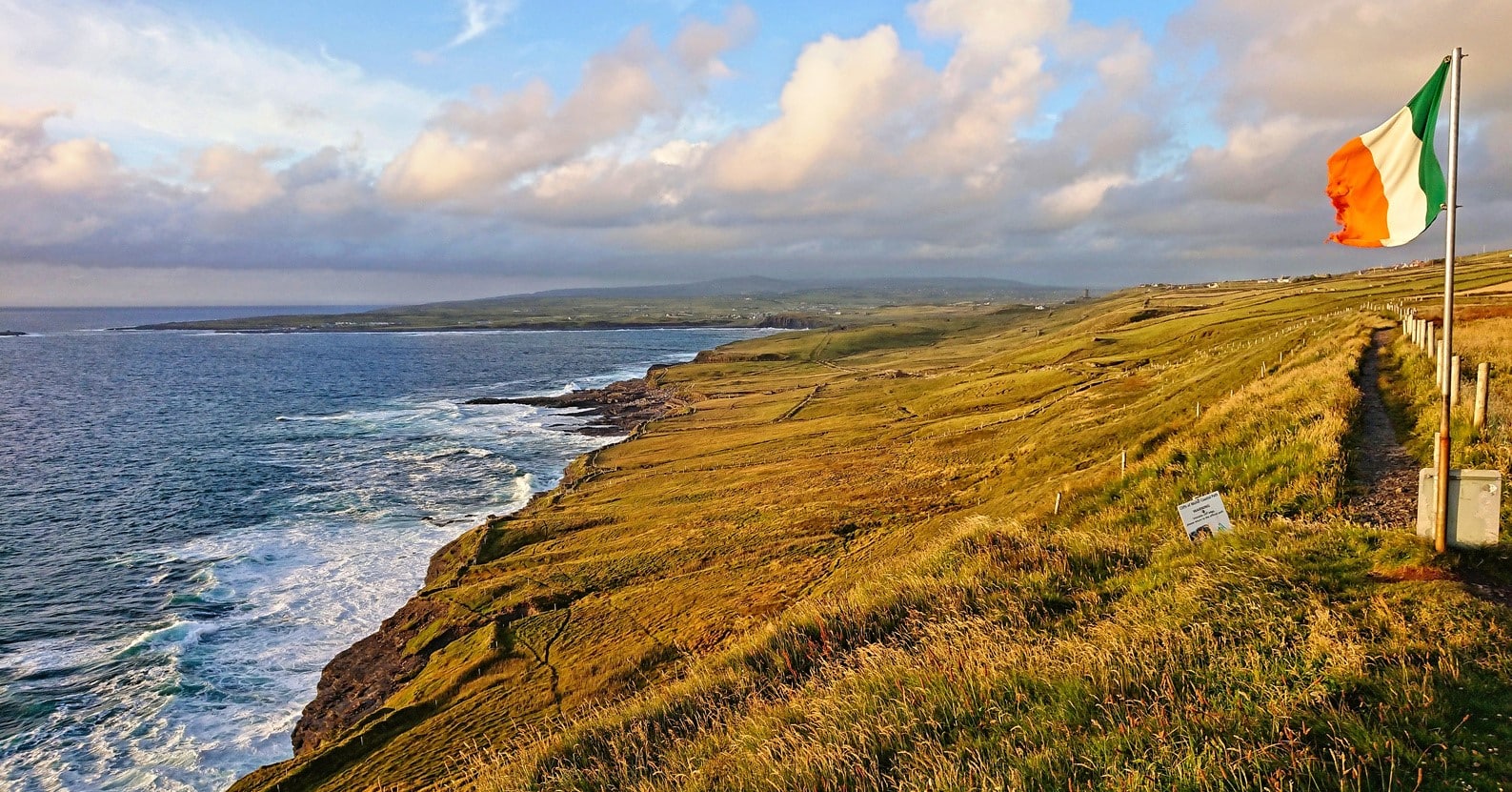
Want to learn more about your Irish Ancestors? Reach out to Price Genealogy and we will help you get started!
Emily
Resources:
- Department of Foreign Affairs, “Citizenship” (https://www.ireland.ie/en/dfa/citizenship/: accessed 15 July 2024).
- Department of Justice (Dublin, Ireland), Immigration Service Delivery, “Dual Citizenship” (https://www.irishimmigration.ie/how-to-become-a-citizen/dual-citizenship/: accessed 12 July 2024).
- CitizensInformation, “Irish citizenship through birth or descent” (https://www.citizensinformation.ie/en/moving-country/irish-citizenship/irish-citizenship-through-birth-or-descent/: accessed 12 July 2024)
- CitizensInformation, “Irish Citizenship by Descent from the USA” (https://us.iasservices.org.uk/ie/residency/irish-citizenship-by-descent/: accessed 12 July 2024).
- State.Gov, Bureau of Consular Affairs, Ireland (https://travel.state.gov/content/travel/en/consularnotification/ConsularNotificationandAccess/Ireland.html: accessed 12 July 2024).
